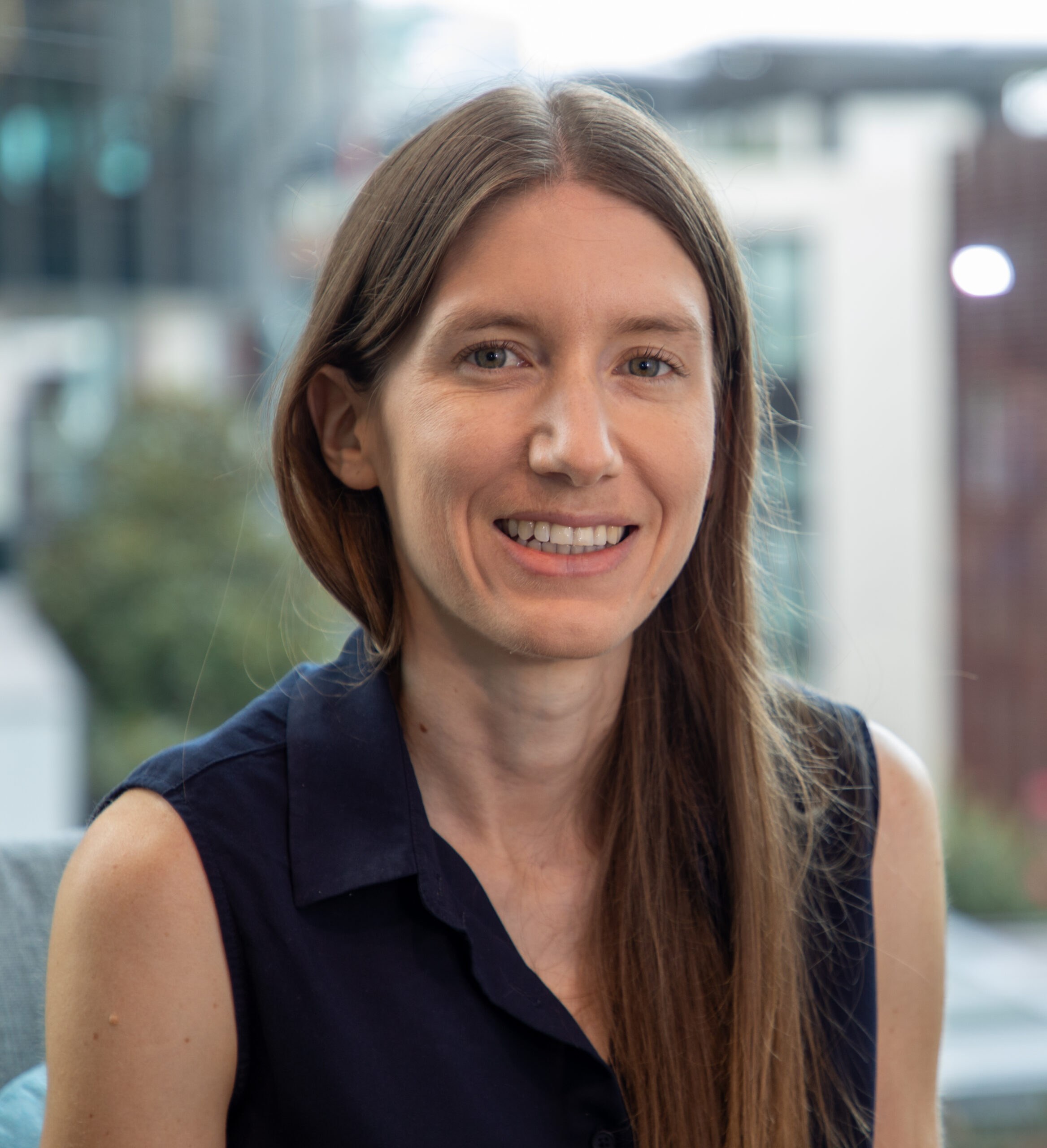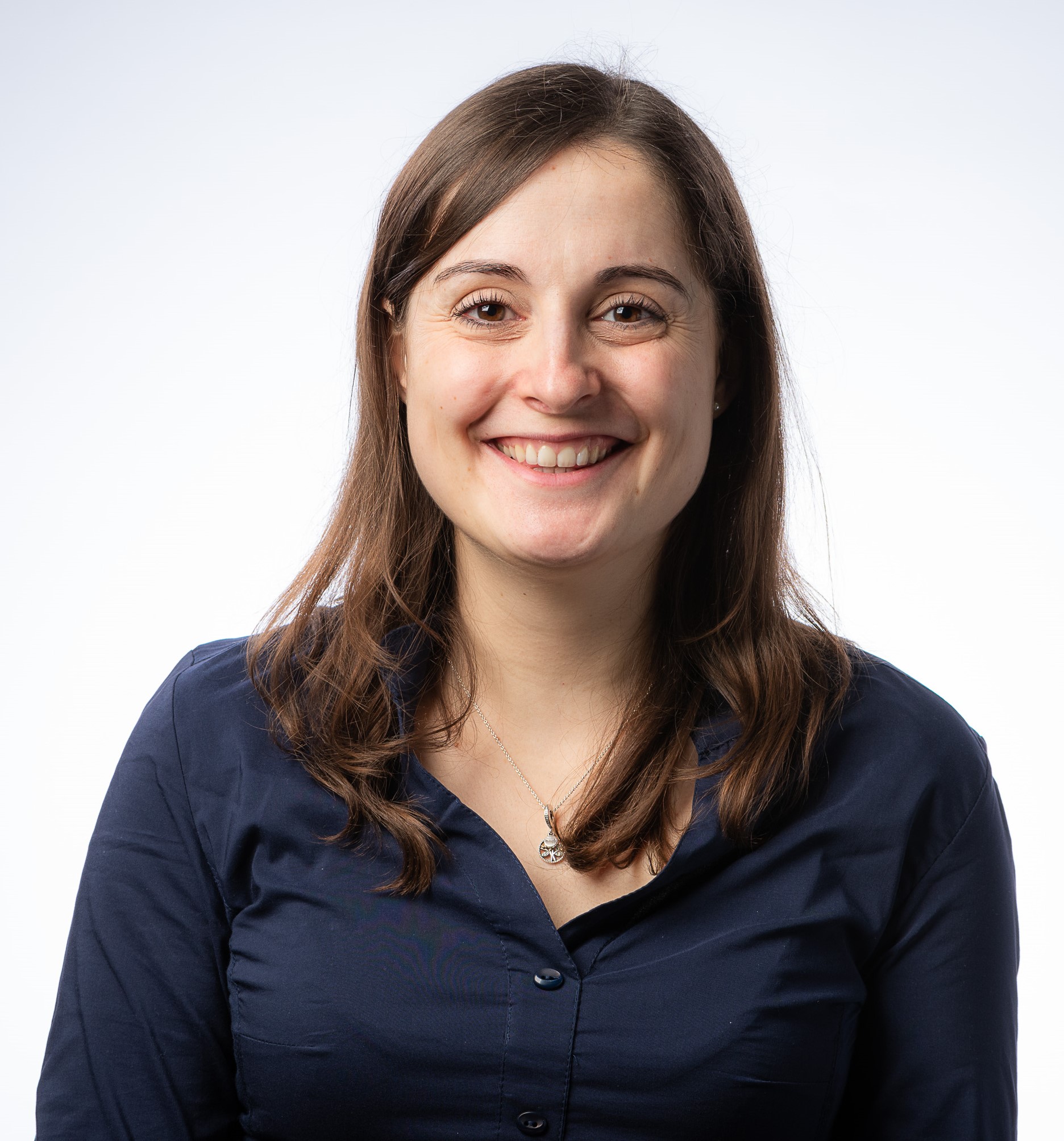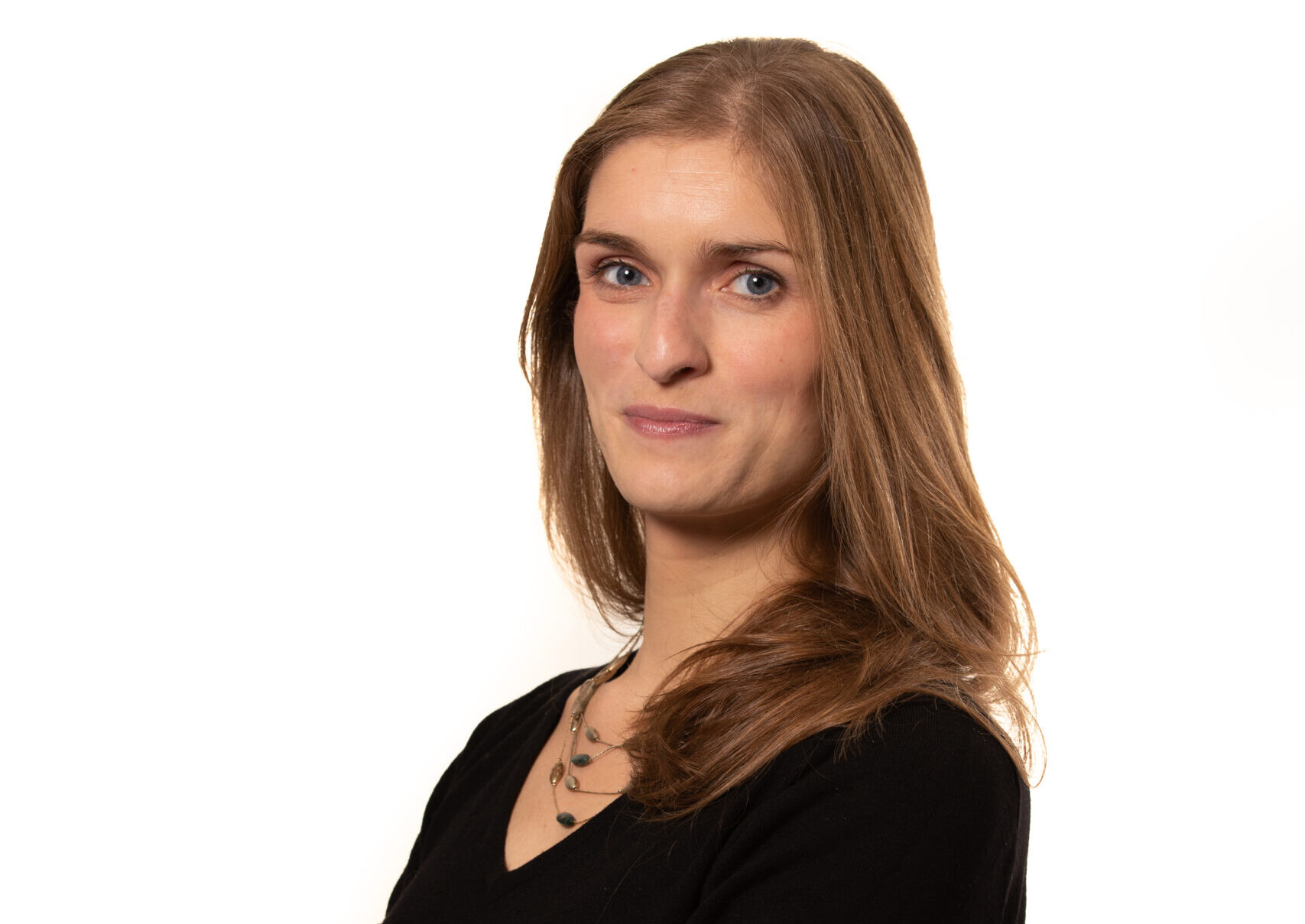Born in Münster, Germany • Birth year 1972 • Studied Pure Mathematics at Queen Mary, University of London • Highest Degree PhD in Mathematics from Queen Mary, University of London • Lives in London, UK • Occupation Editor of Plus magazine (http://plus.maths.org)
I first became interested in maths when I learnt about the epsilon/delta definition of a limit at school. The fact that something as intuitive as a limit could be expressed so precisely in symbols blew my mind. Despite that interest, I didn’t really plan on studying maths at university. The reason I did was that I had moved to the UK from Germany after school and, when I finally decided to do a degree, thought my English wasn’t up to studying a more wordy subject (which is ironic given that I am now a writer).
I enjoyed my BSc, but by the end of it still didn’t think that maths would be part of my future. I spent a year working in all sorts of jobs and travelling, until a book by Ian Stewart re-ignited my passion. I applied for a PhD place with Shaun Bullett at Queen Mary, University of London, where I spent the next few years studying and researching holomorphic dynamics (which involves things like Julia sets and the Mandelbrot set). Shaun was a great supervisor who safely got me through my PhD (can’t have been easy!) and enabled me to stay on for another three years as a postdoc.
Because I’d been interested in science communication for a while, I applied for a maternity cover job at Plus magazine
Finding the next postdoc proved tricky and my heart wasn’t really in it. I didn’t want my life to revolve around my job, which as a postdoc is something you usually have to accept, and wasn’t sure I was a good enough mathematician. (Whether the latter was true or just down to lacking confidence — a notoriously female affliction— I still don’t know.) But it all turned out for the best: because I’d been interested in science communication for a while, I applied for a maternity cover job at Plus magazine. That was in 2005 and I am still at Plus now, co-editing along with my good friend and colleague Rachel Thomas.
Plus is a free online magazine about all aspects of maths, aimed at a general audience. It’s part of the Millennium Mathematics Project based at the University of Cambridge. My job there involves writing articles, producing podcasts and videos, and editing other people’s submissions. We cover anything from abstract algebra to astronomy, and theoretical physics to the science of sport.
(…) Once you have an explanation of something in very simple terms, you’ve done some of the hardest part of the work that’s needed to explain it accessibly to others
Starting at Plus was quite a gear change initially. My command of English no longer felt like such an obstacle, but I had no journalistic or writing training. I did a couple of writing courses offered by Cambridge University, but all the really important stuff I learnt on the job from the two brilliant writers and editors then working on Plus, Rachel Thomas and Helen Joyce, and by example from my boss, the amazing John D. Barrow (who sadly died last year).
Ironically, my ignorance also helped me with my writing, I think. I knew almost nothing about most areas of maths, let alone other sciences. This meant doing lots of reading and then explaining things back to myself in baby language — and once you have an explanation of something in very simple terms, you’ve done some of the hardest part of the work that’s needed to explain it accessibly to others.
As a young researcher I’d internalised a fear of asking stupid questions, but as a maths communicator questions are your most important tool
While writing gave me lots of joy, other things were harder to learn. When I started at Plus, I think many mathematicians weren’t as familiar and comfortable with public engagement as they are now. I struggled sometimes to be taken seriously. As a young researcher I’d internalised a fear of asking stupid questions, but as a maths communicator questions are your most important tool. It took me a while to work that out and learn the courage to ask.
Today things are a lot easier in that respect (though I still sometimes spend ages trying to figure something out when I could just go and ask someone). The reason it’s easier is probably that attitudes towards science and maths communication have changed, and that I am older, a tiny bit wiser, and a little more confident.
At the moment we are collaborating with a group of diseases modellers (called JUNIPER) who have been advising the UK government, to bring important concepts and issues about COVID to a general audience
I love my job because it allows me to do what research didn’t: to learn a lot about all sorts of topics but without having to dig too deeply into the technical details. I get to meet amazing people and there are lots of opportunities to branch out and learn more. Rachel and I recently worked as science editors on a Discovery Channel series about the work of Stephen Hawking and privately co-wrote three popular maths books. At the moment we are collaborating with a group of diseases modellers (called JUNIPER) who have been advising the UK government, to bring important concepts and issues about COVID to a general audience. I feel very fortunate to have been given these opportunities.
To someone who’d like to go into science communication as a career, I’d say to get a good grounding in maths before (or while) you’re getting training in writing and communicating. Maths is everywhere in science, and if you can vaguely understand the maths in a piece of science, then you’re already a good way to understanding the rest.






Recent Comments